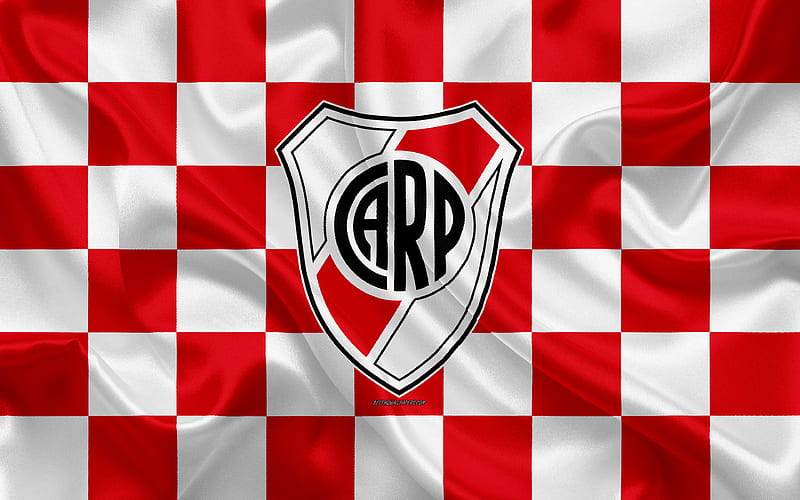River Plate FC stands among the most iconic football clubs in South America and the world. With a rich history rooted in passionate rivalry, unparalleled success, and legendary players, River Plate FC has grown into a symbol of Argentine national pride and football excellence. From humble beginnings to global recognition, the club embodies resilience, talent, and a relentless pursuit of greatness.
Origins and Early Years of River Plate FC
Understanding the roots of River Plate FC is essential to appreciating its monumental journey. Founded in 1901, the club originated from a group of young pioneers in the district of La Boca, Buenos Aires. Initially, the team played in modest local fields, driven by ambitions to compete against the established clubs of the city. Their early years were characterized by a desire to build a strong identity, emphasizing technical skill and club cohesion QQ88.
The club was originally named “Los Millonarios,” reflecting the early adoption of a luxurious style of play and the aspirations of its members. Early successes in regional leagues laid the foundation for what would become a storied history. As the club evolved, it moved to more prominent grounds and began competing in national tournaments, where it steadily established itself as a force to be reckoned with. By the early 20th century, River Plate FC had garnered a reputation for attracting talented players and cultivating a style of elegant, attacking football that continues to define the club today.
The difficulties faced during these formative years only strengthened the club’s resolve. Socioeconomic factors, regional rivalries, and passionate fanbases fueled the club’s growth. The early triumphs and struggles laid the groundwork for the fierce rivalry that would later define Argentine football—most notably against Boca Juniors. Reflecting on this era offers insight into River Plate FC’s DNA — a relentless pursuit of excellence amid adversity and a commitment to becoming one of South America’s top clubs.
The Rise to Domestic and International Glory
Following its humble beginnings, River Plate FC embarked on an extraordinary journey to become one of the most successful clubs in Argentina and South America. The club’s strategic focus on nurturing young talent and adopting innovative tactics contributed immensely to its ascent during the early to mid-20th century. The 1930s were pivotal, with River winning their first league titles and establishing a dominant presence within Argentine football.
The domestic achievements laid the foundation for River’s international pursuits. The club’s notable victories in tournaments like the Copa Ibarguren and the national league helped cement their reputation. Yet, it was the club’s persistence on the continental stage that truly elevated its stature globally. River Plate FC’s first major international triumph came in the Copa Libertadores, South America’s most prestigious club competition. Their victory in 1986 marked a turning point, showcasing the club’s ability to compete and triumph at the highest levels.
The club’s tactical approach has continually evolved. Throughout history, River has embraced attacking football, often described as elegant and strategic. Their playing style, driven by creative midfielders and gifted forwards, has become a hallmark. The ability to adapt to changing football dynamics while maintaining a technical flair is a testament to the club’s philosophy.
The Drama of the 2018 Copa Libertadores Final
Remains etched in football history. River Plate faced fierce rivals Boca Juniors in a final that was marred by security issues and was ultimately moved to a different country. Despite the controversy, River Plate FC resilience shone through, and they eventually claimed victory. This victory exemplified their determination to excel on both the national and international fronts, further cementing their legendary status in football.
